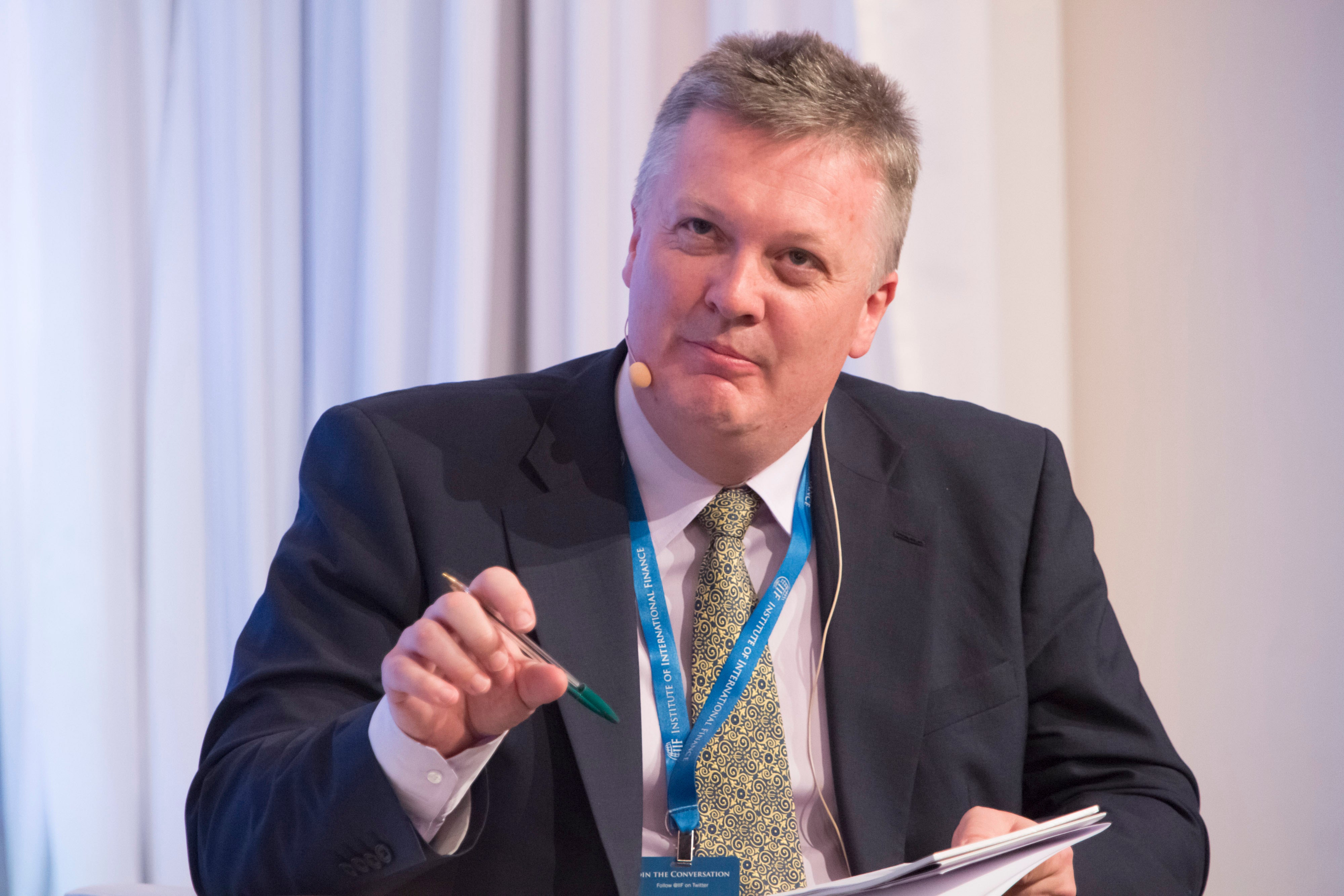Bank of England chief economist warns of more interest rate hikes to control inflation
Huw Pill is set to tell an audience at the Beesley Lecture at the Institute of Directors that more action is likely needed to bring down inflation.

Your support helps us to tell the story
From reproductive rights to climate change to Big Tech, The Independent is on the ground when the story is developing. Whether it's investigating the financials of Elon Musk's pro-Trump PAC or producing our latest documentary, 'The A Word', which shines a light on the American women fighting for reproductive rights, we know how important it is to parse out the facts from the messaging.
At such a critical moment in US history, we need reporters on the ground. Your donation allows us to keep sending journalists to speak to both sides of the story.
The Independent is trusted by Americans across the entire political spectrum. And unlike many other quality news outlets, we choose not to lock Americans out of our reporting and analysis with paywalls. We believe quality journalism should be available to everyone, paid for by those who can afford it.
Your support makes all the difference.The Bank of England’s chief economist has said that interest rates are unlikely to reach the 5.25 per cent peak that markets have predicted, but cautioned that monetary policy cannot be put on “autopilot”.
Huw Pill told an audience at the Beesley Lecture at the Institute of Directors on Wednesday night that more action is likely needed to bring down runaway inflation.
“In line with the Monetary Policy Committee’s (MPC) most recent forecast and communication and on the basis of the information we have available today, I do not anticipate the levels of bank rate priced in financial markets when the forecast’s conditioning assumptions were frozen will be required,” he said.
“But, given the need to contain the risk of greater inflation persistence implied by potential second round effects, further action is likely to be required to ensure inflation will return sustainably to its 2 per cent target over the medium term.”
In my judgment there is still some more to do with bank rate in order to address prevailing inflationary pressures and complete the necessary normalisation of monetary policy
Markets previously estimated that the Bank’s base rate could peak at 5.25 per cent in the second half of 2023 – but Mr Pill said it is unlikely to increase that far.
The MPC hiked up rates by 0.75 percentage points at the monetary policy meeting, taking it to 3 per cent.
The Bank chief said the central bank’s plans must always be responsive to what is happening in the economy.
This is despite the Bank’s Quantitative Tightening (QT) programme – which involves selling government bonds that it bought since the financial crisis – “running in the background” while the Bank increases interest rates.
“But monetary policy cannot be put on an autopilot. Any plan has to be conditional on economic conditions, and responsive to economic shocks and disturbances,” he was due to tell the audience.
“The MPC has flagged that it will use bank rate as its active instrument to address new shocks as they emerge, leaving the QT programme to run ‘in the background’ as long as market conditions permit.”
Mr Pill also explained that soaring gas prices and labour market shortages have been two “inflationary shocks” that have prompted the Bank to tighten monetary policy over the past year.
He said rising inactivity in the labour market – heightened by over-50s workers leaving the workplace since the pandemic – represented an “adverse supply shock” that has helped to drive up inflation.
“It is these two factors – the evolution of energy prices and developments in domestic labour markets – as well as the policy responses to them, such as the fiscal announcements made last week, that drive my current assessment of the outlook for monetary policy,” he said.
“As I have said on previous occasions, in my judgment there is still some more to do with bank rate in order to address prevailing inflationary pressures and complete the necessary normalisation of monetary policy following a decade or more of exceptional accommodation.”
Meanwhile, the pound enjoyed a late afternoon surge on Wednesday despite fresh figures indicating that the UK is in the middle of a recession.
Sterling jumped by more than 1.25 per cent to top 1.2 US dollars by the time European markets had closed, for the first time since mid-August.
And the pound was also making solid gains against the euro, rising 0.7 per cent to 1.1616.
However, the influential PMI survey showed that the UK’s private sector economy is set to shrink again this month, indicating the country is in the middle of a recession and the downturn will worsen.